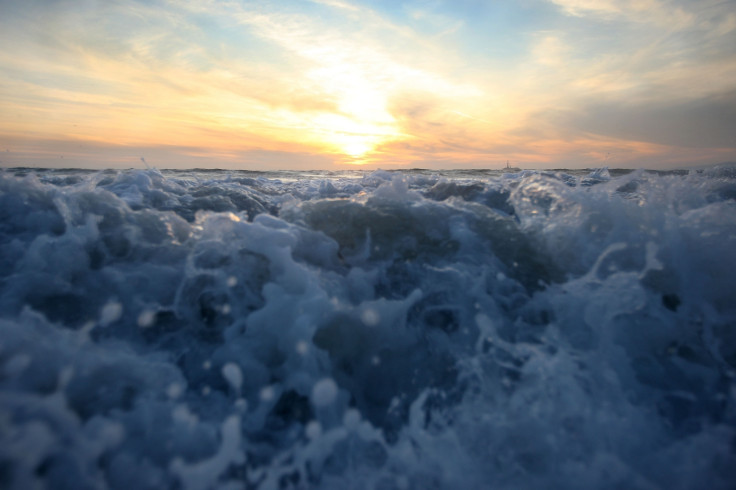Scientists unearth the secrets of the ocean using Google Maps-style mapping
Scientists estimate that over 60% of Earth's oceans remain unexplored.
With only 5% of the world's seafloor mapped in any real detail, scientists are now planning to take a Google Maps-style approach to unearthing the secrets of the oceans. The ultimate aim, helping ships and submarines to traverse the seas in safety, will involve 'mapping' natural dangers including underwater mountains, trenches and volcanoes using state-of-the-art techniques.
The new technology involved, called multibeam sonar, allows "one vessel to map a swathe of sea bed hundreds of metres wide" and reportedly uses big-data software to create charts and sea-bed maps, according to the Sunday Times.
Professor Julian Dowdeswell, director of the Scott Polar Research Institute involved in the project, said: "Sea mountains are very common. We found one that rises from 2,500m depth to within 200m of the surface on one of our first voyages off Greenland."
In June, a collective of 150 scientists, scholars and business associates endorsed a project dubbed Seafloor 2030 during the Forum for Future Ocean Floor Mapping in Monaco.
"More than 85% of the world's ocean floor remains unmapped with modern mapping methods," it said on its website. "The comprehensive mapping of the entire ocean floor is possible by the year 2030."
The ocean mapping scheme will be overseen by a UN-backed group called the General Bathymetric Chart of the Oceans (Gebco) and technology giant Google is also lending support.
"It's a matter of commitment," Larry Mayer, director of the Centre for Marine Science and Coastal Engineering at the University of New Hampshire, told the BBC at the time. "We could map the entire deep oceans for $3bn – no more than a single Mars mission."
The tensions between the oceanographers, dedicated to exploring our planet, and Nasa – dedicated to exploiting the wider universe – have existed for years. Funding, naturally, has remained a key sticking point in both organisations.
In one academic paper, sociologist Amitai Etzioni called on US President Barack Obama to cut back on the so-called "excessive spending" on space exploration and instead invest money into oceanic studies. Referencing a "longstanding misalignment" of funding between Nasa and the National Oceanic and Atmospheric Administration (NOAA), Etzioni said more can be done to know more about our own planet.

Noting the differences in funding, he said: "The basic reason is that deep space – Nasa's favourite turf – is a distant, hostile, and barren place, the study of which yields few major discoveries and an abundance of overhyped claims.
"By contrast, the oceans are nearby, and their study is a potential source of discoveries that could prove helpful for addressing a wide range of national concerns from climate change to disease."
Meanwhile, when discussing tragedies like the loss of Malaysian airliner MH370, all experts appear to be in agreement that greater research into our oceans will benefit rescue operations in the future.
"Much of the effort that's gone into finding [MH370] has been essentially making a base map," Mayer asserted. "If we'd had that base map, it would have saved months and months of time."
© Copyright IBTimes 2025. All rights reserved.






















